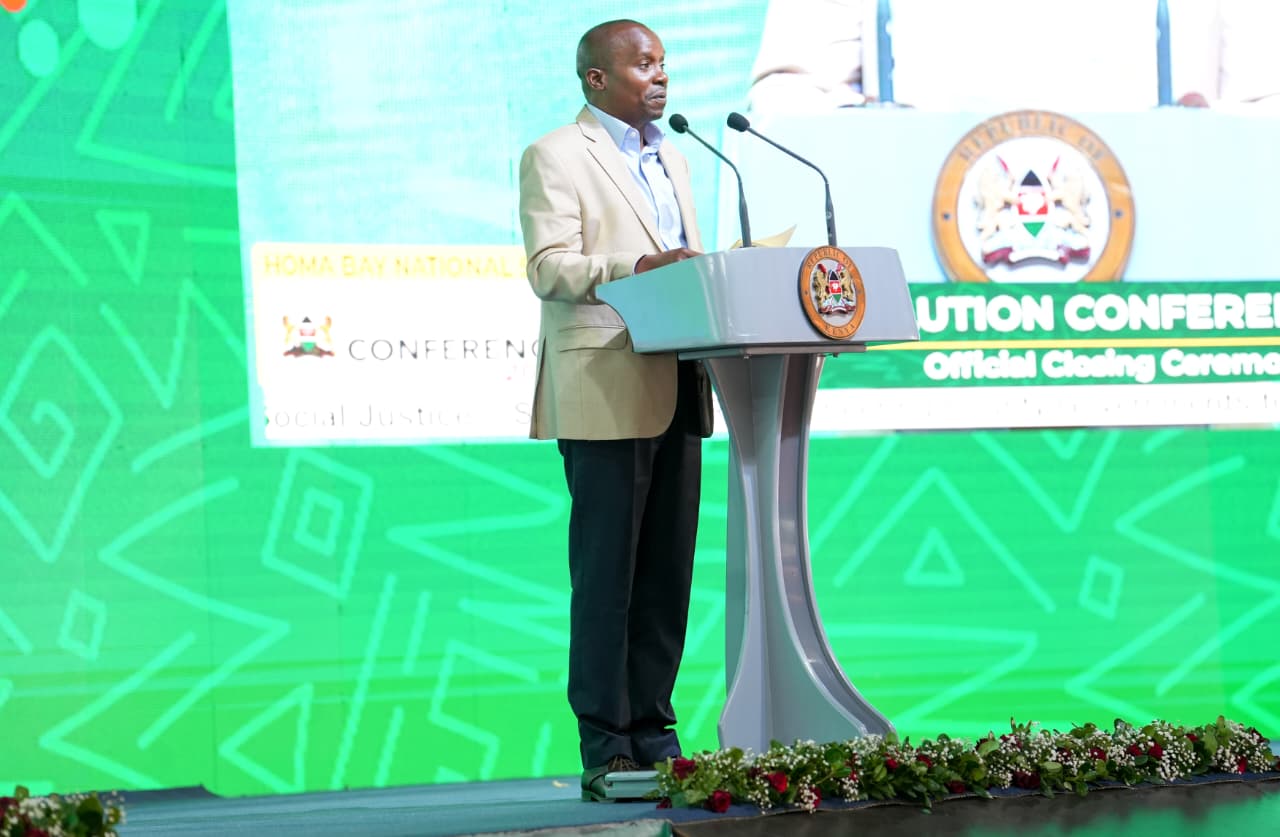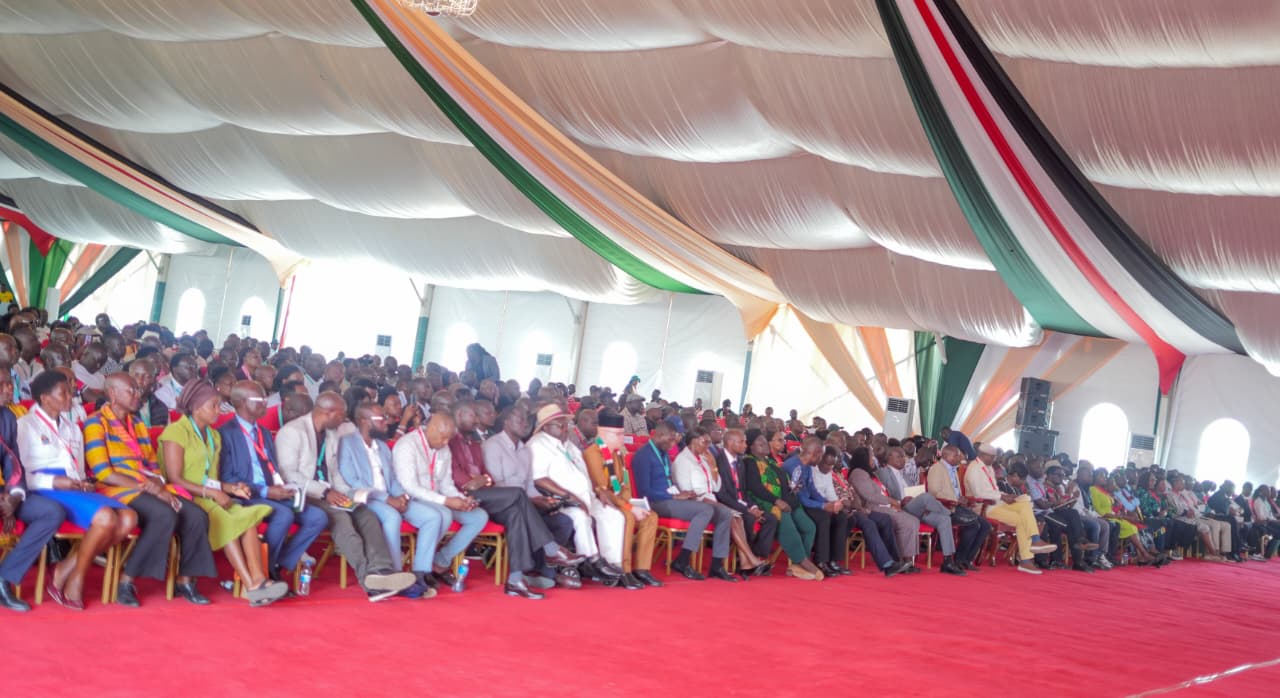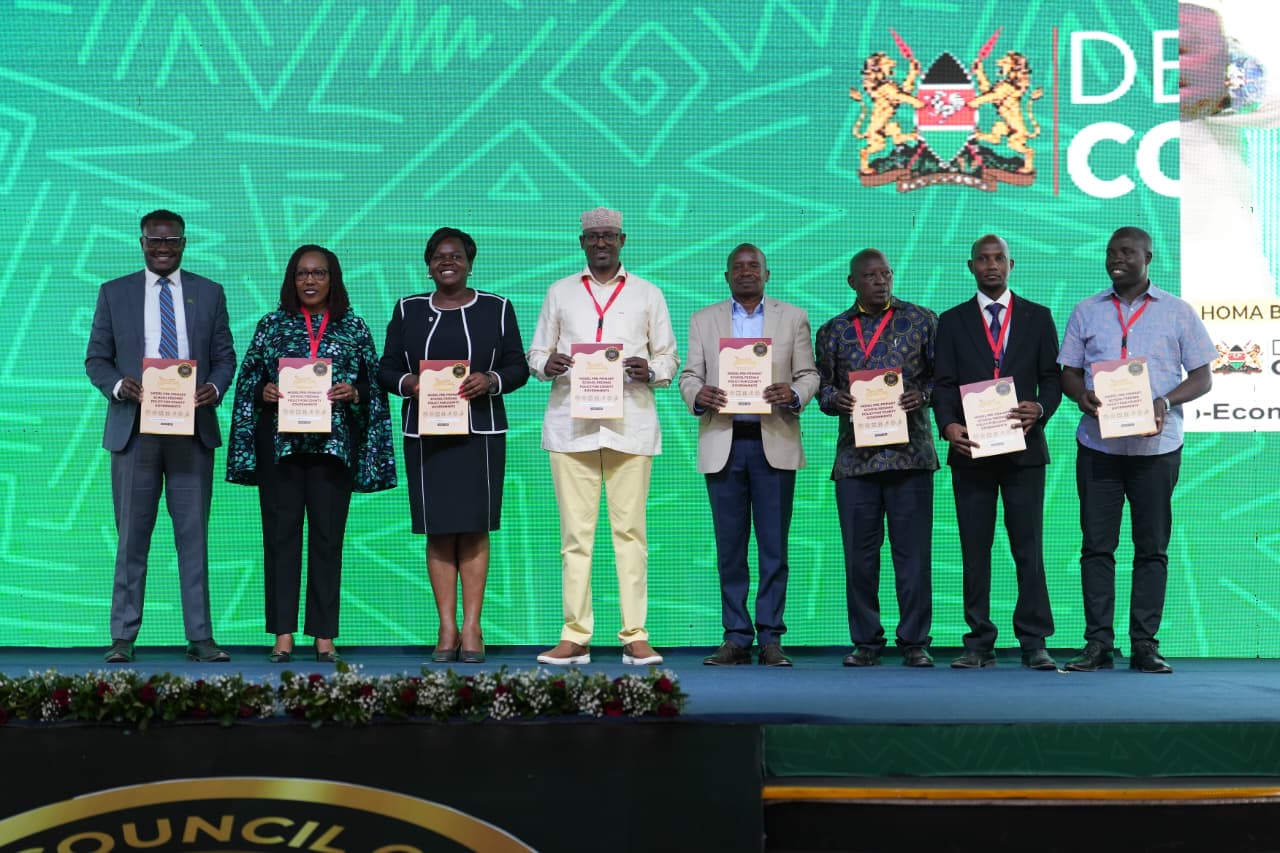

A fortnight ago, Homa Bay town hosted unfamiliar visitors. As is customary in African culture, welcoming guests requires several housekeeping measures lest the host be embarrassed.
This was not a new experience. As reflected in the biblical command, “If any household or town refuses to welcome you or listen to your message, shake its dust from your feet as you leave,” hospitality is deeply valued.
Fully aware of these expectations, Homa Bay County leadership, led by Governor Gladys Wanga, prepared well in advance to receive their guests for the 9th Devolution Summit, 2025.
For the first time, the town’s streets were marked to guide visitors, with some being named after politicians, some alive and others honoured posthumously, an action that did not go down well with some residents as they questioned the criteria used.
However, other residents welcomed the move, saying it would make movement around the town easier for both visitors and locals, now and in the future.
Other preparations included identifying suitable venues. Homa Bay Secondary School was selected due to its central location, large compound, and proximity to the newly constructed Raila Odinga Stadium, which provided additional space for vehicle parking and social activities.
The summit followed closely after the Madaraka Day celebrations held earlier in June, which were jointly conducted by the national and county governments.

The celebrations brought significant benefits to Homa Bay, including the construction of the modern Raila Odinga Stadium, which now enables the hosting of national sports events and promotes tourism.
Road upgrades, improvements to water and air transport infrastructure, and the enhancement of Kabunde Airstrip just a few kilometres from town further boosted the county’s tourism potential.
The national government also facilitated the construction of modern fish markets such as Koginga Fish Market and the Homa Bay Pier, giving the county’s Lake Victoria maritime economy a strong push.
These national government projects are not unique to Homa Bay but are replicated across all 47 counties that have hosted national celebrations, either Madaraka Day on June 1 or Mashujaa Day on October 20, which were decentralised from Nairobi to the counties to raise awareness of their significance. Jamhuri Day on December 12, however, remains celebrated in Nairobi.
Beyond these celebration-linked projects, other national government initiatives continue in the counties in line with intergovernmental relations.
These include affordable and social housing programmes, modern markets, and expanded access to water, internet, and electricity under the Last Mile Connectivity initiative.
According to the Ministry of Lands, Housing and Urban Development, 7,200 homes worth KSh15 billion have already been built under the Affordable Housing Programme, with 7,500 more under construction.
In addition, 18 new markets worth Sh3.6 billion are underway, while the rural electrification programme aims to connect 19,000 homes this year for Sh2 billion. These projects are designed to support the Kenya Vision 2030 goal of transforming the country into a middle-income economy.
“We are changing the politics of Kenya so that it works for Kenyans,” President William Ruto said when he officially opened the 9th Devolution Summit in Homa Bay County.
Senate Speaker Amason Kingi, in support of the President, outlined the Senate’s role under Article 96 of the Constitution as protecting and defending the interests of counties and their governments.
“But beyond the constitutional text, our role is a calling and a duty to uphold the promise of devolution and ensure that the dream of self-governance in the counties is not just a legal provision but a lived reality for Kenyans,” Speaker Kingi said.
He noted that the Senate has passed key legislation to guide county financing and intergovernmental relations, exercised oversight through plenary and committees, and facilitated devolution by engaging with county governments, the Council of Governors, and other stakeholders.
“Devolution is about the roads we build, the hospitals we equip, the schools we improve, and the lives we change,” Kingi added.

He urged senators to focus on legislation that directly impacts counties, especially financing and revenue sharing, stressing that the upcoming debate on the Fourth Basis for Revenue Allocation should not be routine but a defining moment for fair and equitable distribution of resources.
Kingi further called for stronger Senate oversight to ensure devolution funds are used efficiently and to curb corruption in county governments. At the same time, he acknowledged the importance of cooperation between the two levels of government, saying Kenya’s democracy is strengthened when institutions work independently but in harmony.
Deputy President Kithure Kindiki hailed the conference as a critical policy forum that facilitated evidence-based dialogue, peer learning, and reflection on the future of devolution.
“The summit has brought into sharp focus some of the most enduring structural challenges facing our devolved system today. Significantly, the deliberations have been grounded in data, participatory evidence, and collaborative results,” Kindiki said during the closing ceremony.
He added that the conference served as a mechanism of accountability, reaffirming that devolution is not just a constitutional aspiration but a practical instrument for advancing equity, democracy, and service delivery.
“In so doing, the conference has underscored that the future of devolution lies in institutional innovation, shared responsibility, and policy execution centred on the citizenry,” the Deputy President affirmed.













